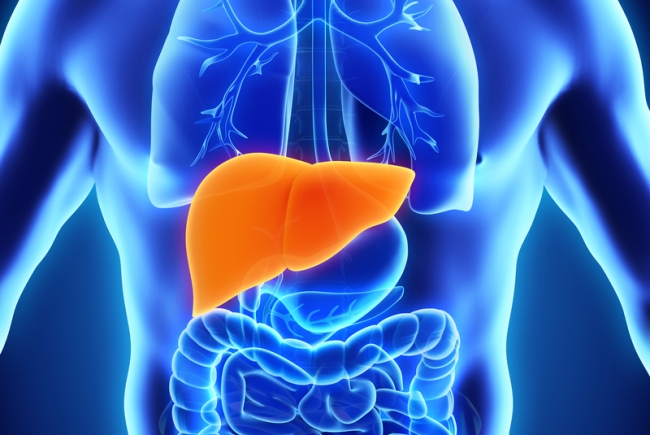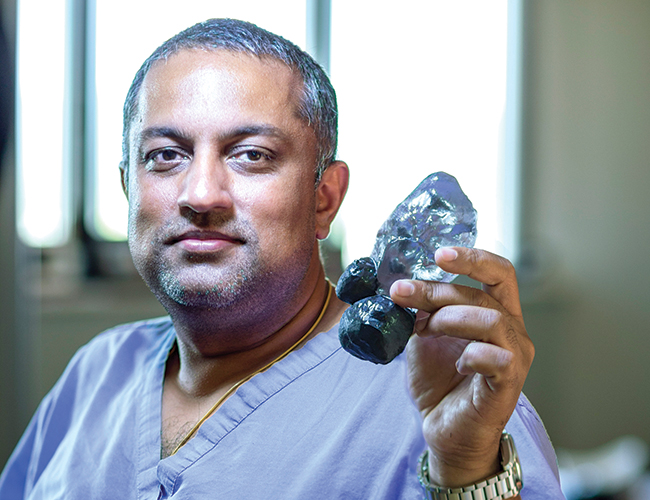
by erlangerhealth | Aug 11, 2016 | Arthritis, Back, Bone & Joint Health, Men's Health, Regain Health, Women's Health
When you were young, you may have heard your grandmother complain about the ache in her hands as “her arthritis acting up.” These days, you may be feeling its effects yourself. How much do you know about the condition? Arthritis is common in the United States — more...

by erlangerhealth | Aug 9, 2016 | Back, Bone & Joint Health, Men's Health, Stay Well, Women's Health
You worked out a couple days ago and are feeling a lingering ache. Did you accidentally pull something during your workout, or is it just normal, to-be-expected soreness? Aches after a workout can feel similar whether they’re caused by an injury or just the workout...

by by: Hannah Bujack, M.D. & Oliver Bujack, M.D. | Aug 5, 2016 | Men's Health, Stay Well, Women's Health
When was the last time you saw your primary care physician (PCP)? Do you see your doctor a couple of times a year, once a year – or even less frequently? As adults, we often lose sight of primary care because we’re short on time or we put the needs of our families...

by erlangerhealth | Aug 2, 2016 | Men's Health, Stay Well, Women's Health
When you have a headache, you just want it to go away. The key to effectively treating a headache? Knowing what kind of headache you’re having. There are approximately 150 different types of headache. But there are four types that are more common than the others....

by erlangerhealth | Jun 7, 2016 | Men's Health, Stay Well, Women's Health
When your liver is healthy, you probably never think about it. But when it isn’t, you’ll definitely know. Here’s a look at what you should know about this important organ: The liver is the second largest organ in the body, and it’s located on the right side of the...

by erlangerhealth | Apr 14, 2016 | Breakthrough, Cancer Issues, Cancer Issues
Imagine a kidney cancer procedure that removes cancerous tissue while leaving the rest of the kidney intact. At Erlanger Health System, that procedure is a reality. In the past, if a cancerous spot were found on a kidney, the entire kidney was removed. In the last few...













